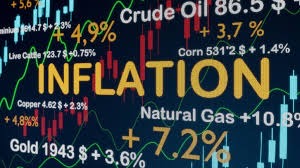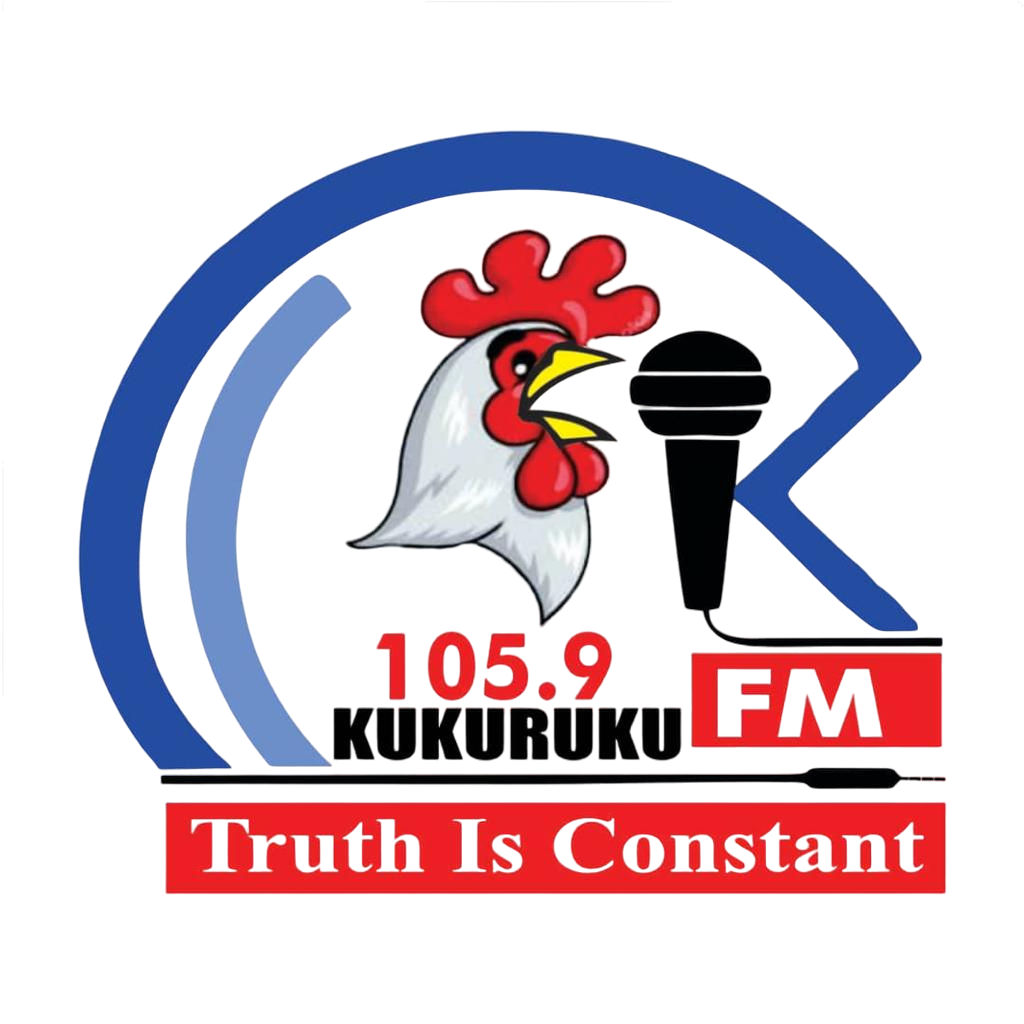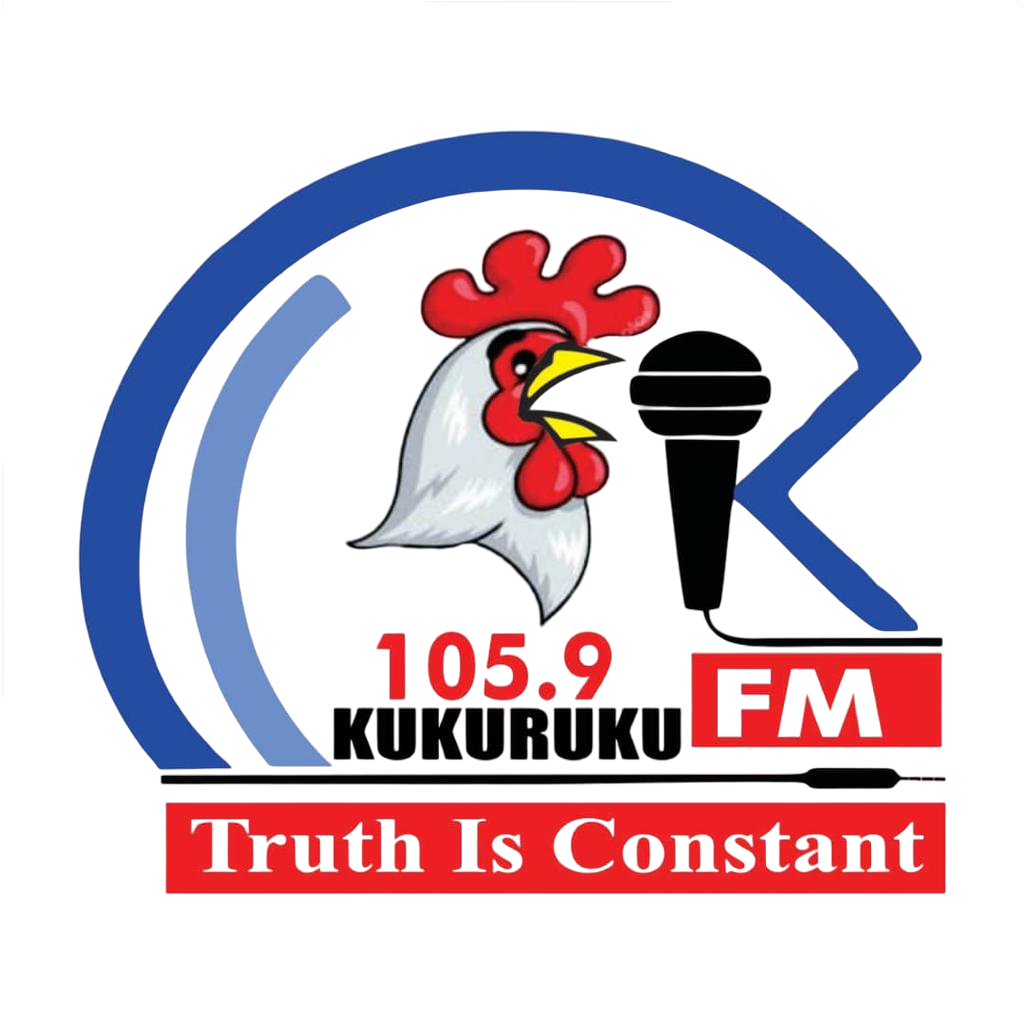Published September 17, 2024
By Chinwendu Eugene.
The National Bureau of Statistics (NBS) has reported a decrease in Nigeria’s headline inflation rate, which fell to 32.15% in August 2024. This represents a 1.25 percentage point reduction from the 33.40% recorded in July 2024.
According to the NBS’ Consumer Price Index (CPI) and Inflation Report, while August’s rate shows improvement from the previous month, it remains significantly higher than the 25.80% inflation rate recorded in August 2023, reflecting an increase of 6.35 percentage points year-on-year.
On a month-to-month basis, the inflation rate in August 2024 was 2.22%, a modest decrease from the 2.28% recorded in July. This indicates a slower rate of price increases compared to the previous month.

The report attributes the persistent inflation to rising costs in several categories, including food and non-alcoholic beverages, housing, utilities, clothing, transport, and various other services. Notably, the prices of essential items such as bread, maize, and vegetable oils have contributed to the inflationary pressures.
Food inflation saw a sharp rise, reaching 37.52% year-on-year in August, up from 29.34% the previous year. This increase is driven by higher prices for staples including bread, grains, and cooking oils. On a month-to-month basis, food inflation was 2.37%, slightly lower than the 2.24% recorded in July due to decreases in the prices of certain food items.
Core inflation, excluding volatile food and energy prices, was 27.58% year-on-year, up from 21.15% in August 2023. This increase reflects higher costs in sectors such as housing, transportation, and medical services. Month-on-month core inflation stood at 2.27%, up from 2.16% in July.
The average 12-month annual inflation rate ending August 2024 was 25.18%, marking a significant rise from the 19.18% recorded in August 2023.
Regionally, urban inflation was recorded at 34.58% in August, up from 27.69% a year earlier, while rural inflation increased to 29.95%, compared to 24.10% the previous year. Month-to-month urban inflation decreased to 2.39% from 2.46%, and rural inflation fell to 2.06% from 2.10%.
State-wise analysis shows that Bauchi had the highest year-on-year inflation rate at 46.46%, followed by Kebbi and Jigawa. In contrast, Benue recorded the lowest rise in headline inflation at 25.13%, with Delta and Imo showing the next lowest increases.
Month-to-month inflation was highest in Kwara at 4.45%, followed by Bauchi and Adamawa. The slowest increases were seen in Ogun, Abuja, and Kogi.
Food inflation was highest in Sokoto at 46.98%, with Gombe and Yobe also experiencing notable increases. Benue, Rivers, and Bayelsa reported the lowest year-on-year food inflation rates. On a month-to-month basis, Adamawa had the highest food inflation at 5.46%, while Ogun, Akwa Ibom, and Sokoto recorded the smallest increases.
The NBS report highlights ongoing challenges in managing inflation, with varying impacts across different regions and categories, reflecting the complexities of the economic landscape.









